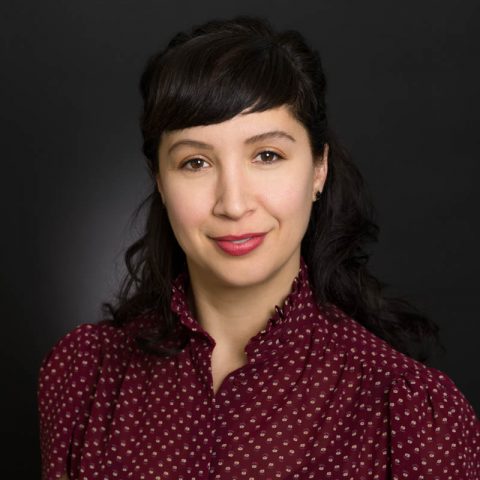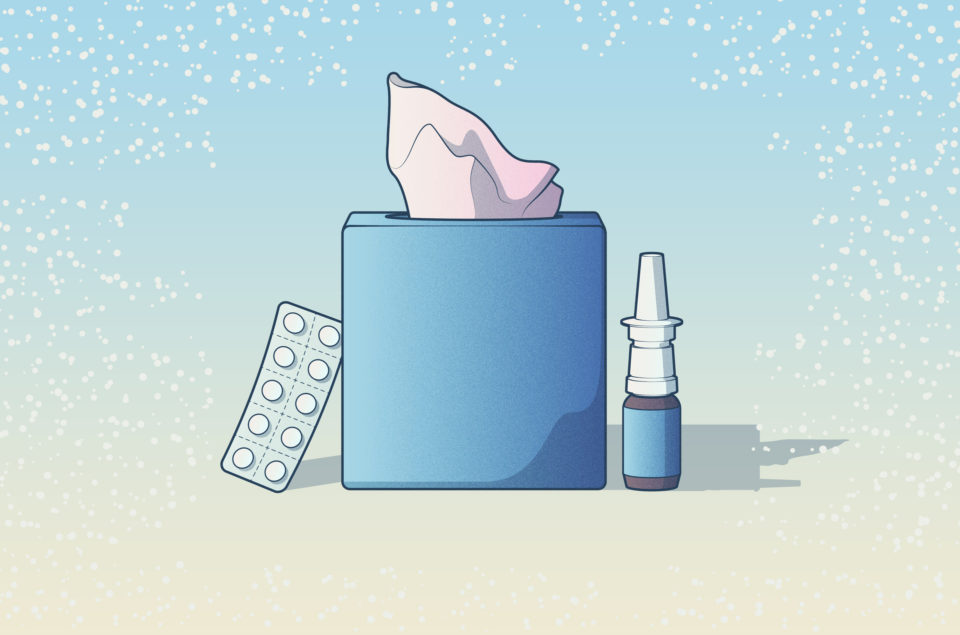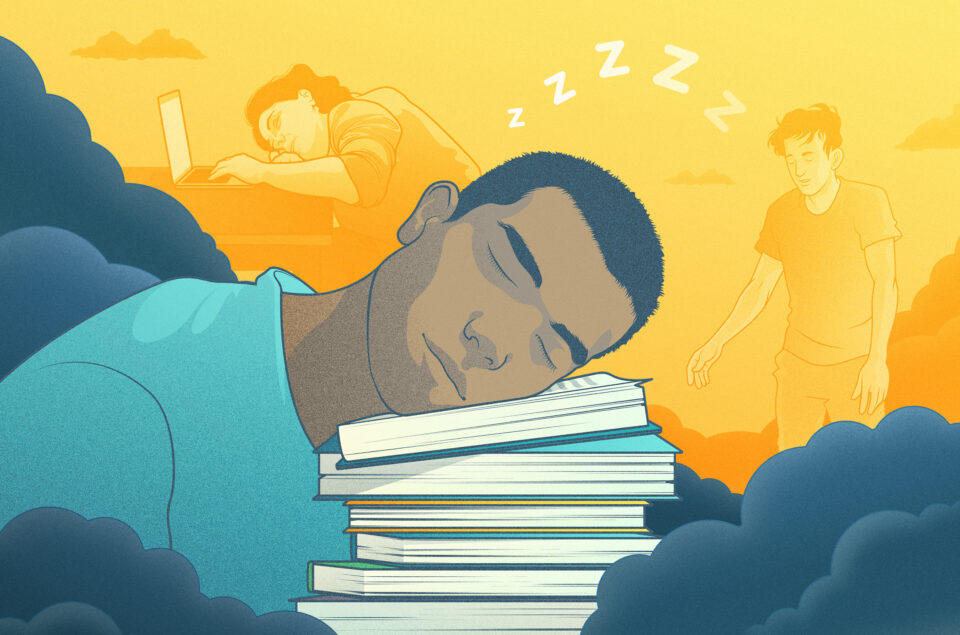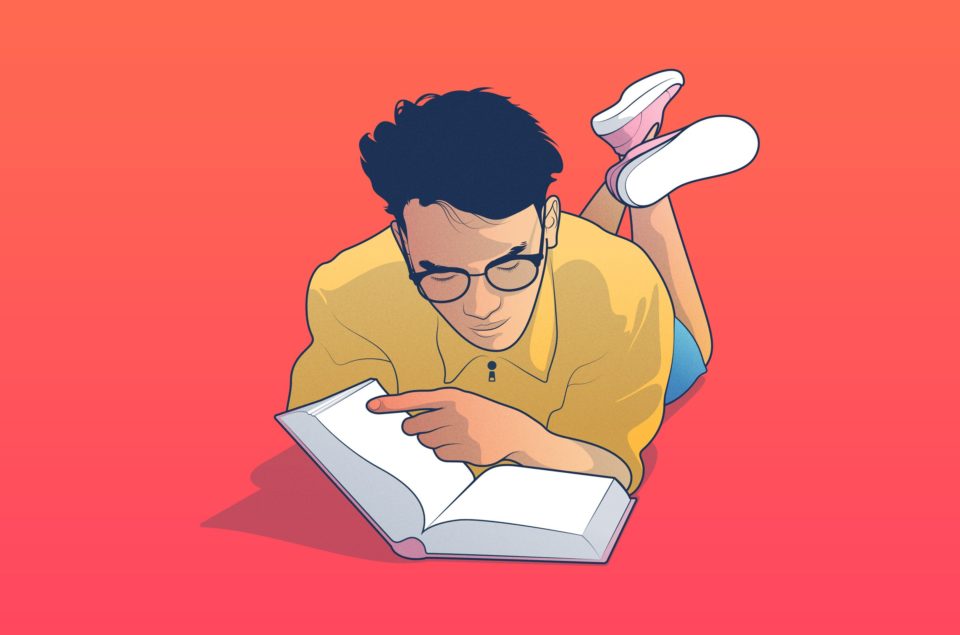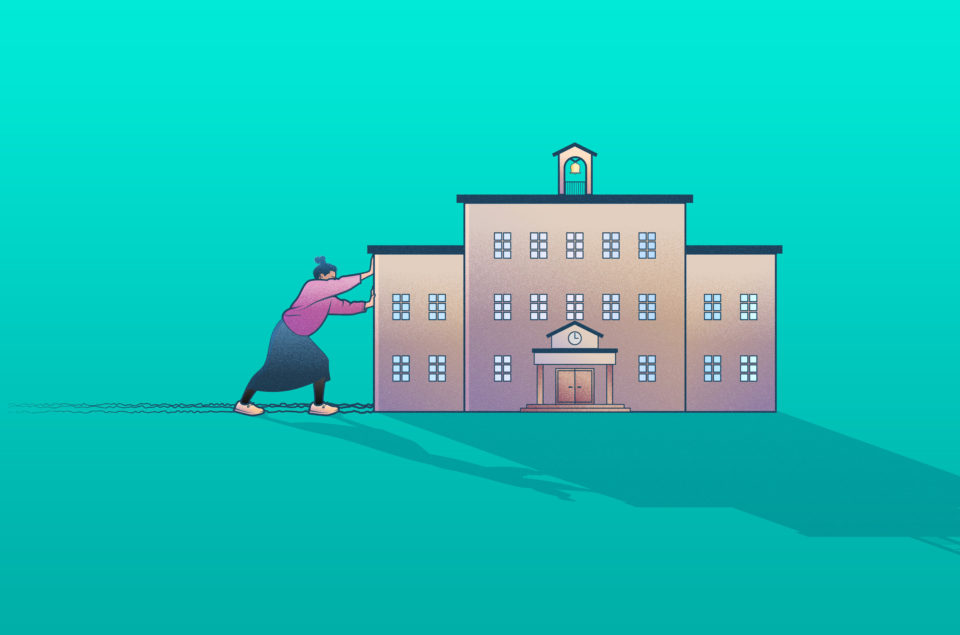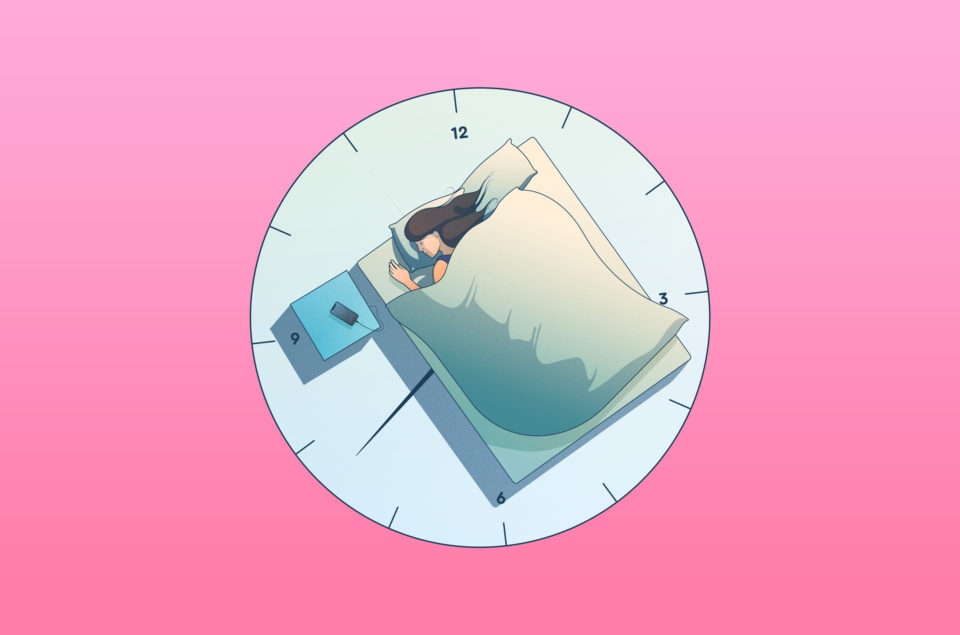We know that lack of sleep increases our risk of sickness and death, but most of us simply refuse to make time for enough of it.
Work. Your best friend visiting from out of town. Midterms. Saturday night. Sex. The new season of Westworld. Instagram. Internet dating. Girls’ night out. Guys’ night out. Reading the news online. Children under the age of 2. Reruns of I Love Lucy. Sports. Computer games. Online shopping. Twitter. Facebook. HBO. Hulu. Netflix.
There are so many things we are willing to prioritize over getting a good night’s sleep.
According to a recent Gallup poll, the average American adult now gets 6.8 hours — a full hour less than the average American adult got in 1942 and about two hours less than we got a century ago. More than a third of American adults are not getting the recommended minimum of seven hours a night.
According to a recent article in the New York Times, sleep is a powerful predictor — on par with drug and alcohol use — of college students’ grades and chances of graduating. A recent article in Harvard Business Review explored the proven link between getting good sleep and effective leadership. And countless studies have shown that getting inadequate sleep (defined as fewer than seven hours a night) “is associated with increased risk for obesity, diabetes, high blood pressure, coronary heart disease, stroke, frequent mental distress, and all-cause mortality.”
Wait — does that mean death? Yes. Yes, it does.
So, why do we have such a difficult time tuning out and tucking in? It’s complicated.
1. We Have a Weird Cultural Fascination With Sleep Deprivation
You’ve probably heard that Musk and Obama make do with just six hours of sleep a night, that Clinton and Branson get five, and Trump and Martha Stewart get by on three or four.
Why do we know this? Because we’ve decided that success has to hurt. That “no pain, no gain,” that “the early bird gets the worm,” and that “you can sleep when you’re dead.” It’s what Arianna Huffington has referred to as the American “delusion that we need to burn out to succeed.”
We want to see entrepreneurs and CEOs leading the troops into battle, so to speak, and aspire to be the first one in the door in the morning and the last one to leave at night. It doesn’t matter that we know this impairs people’s ability to be effective leaders or that we’re all watching Elon Musk have a nervous breakdown before our very eyes.
And we don’t just encounter it in Silicon Valley. We encounter it on the playground, where parents brag about how little sleep they’re getting; on college campuses, where students brag about pulling all-nighters; and in New York City, where 20-somethings trade war stories about burning the candle at both ends. It’s an urban legend we can’t shake — if you’re getting enough sleep, you’re not working hard enough.
While there are some people who legitimately require less sleep than the rest of us, they only comprise 1-3 percent of the population. The rest of us simply need more. Step one is to redefine our role models. And we can start with Buffett, Zuckerberg, Bezos and DeGeneres — they each get at least eight hours a night.
2. We Are Addicted to Our Devices
If you count tablets, smartphones, personal computers, multimedia devices, video games, radios, DVDs, DVRs, and TVs, the average American now spends ten hours a day looking at screens. This is really bad news for the quality (not to mention quantity) of sleep that we’re getting since LEDs give off a blue wavelength of light that suppresses melatonin levels and significantly interferes with our sleep.
We know the screen time is bad for us, but we indulge anyway — especially women. A recent Sleep Cycle study of more than 1,000 U.S. adults revealed that 37 percent of American women (and 22 percent of men) identified “screen time before bed” as a top habit that was negatively affecting their sleep.
Why is it so difficult for us to unplug? Larry Rosen, a psychology professor at California State University, Dominguez Hills, and author of iDisorder says it’s good ol’ FOMO.
“In our work, anxiety is sometimes referred to as FOMO or the fear of missing out,” he wrote in Harvard Business Review. “We see this anxiety in the majority of smartphone users who feel uncomfortable if they are not in direct contact with their phones 24/7/365.”
3. Putting Our Bad Habits to Bed
While the average American may have difficulty putting their bad habits to bed or establishing better sleep hygiene overnight — puns intended — many companies are making sleep a cultural priority.
In the U.K., Cambridge University joins Olympus, PricewaterhouseCoopers, Unilever and Shire Pharmaceuticals in sending its employees to a London-based “sleep school” where they participate in sleep education workshops. The founder of the school, a sleep physiologist and cognitive behavioral therapist named Dr. Guy Meadows, told Forbes that there is “an intimate relationship” between how people sleep at night and how they perform the next day. “Sleep is now known as the most powerful performance enhancer known to humankind,” he said.
Across the pond, Goldman Sachs has invested in sleep hygiene courses, and Procter & Gamble has installed lighting systems in its offices that regulate melatonin.
There is also a new crop of “nap-friendly” employers. American companies Uber, Ben & Jerry’s, Huffington Post, Thrive Global, and Nike offer employees napping rooms and sleeping nooks, while employees of Google, Cisco, JetBlue, Samsung, Zappos, and NASA can siesta in “nap pods” — which, at $13,000 and up, bear testament to exactly how much well-rested employees are worth.
“A lot of companies are realizing that the performance of their employees depends on how happy and well-rested they are,” said someone from Sleep Cycle, list credentials here. “It’s time to walk ourselves back from this idea that the only way to get things done is to push ourselves to our limits. The science is very clear that the best way to reach optimal efficiency is to get quality sleep — and enough of it.”
The good news for all of us who’ve been running on a sleep deficit for years is that you can pay back the debt. According to the Scientific American and Lawrence J. Epstein, medical director of the Harvard-affiliated Sleep HealthCenters, the treatment plan looks like this:
- Take it easy for a month or two
- Give yourself an extra hour or two each night to sleep
- Allow yourself to wake up naturally — no alarm clocks allowed
- Let your body find its natural rhythm
In other words: take a lengthy vacation. It might just save your life.

